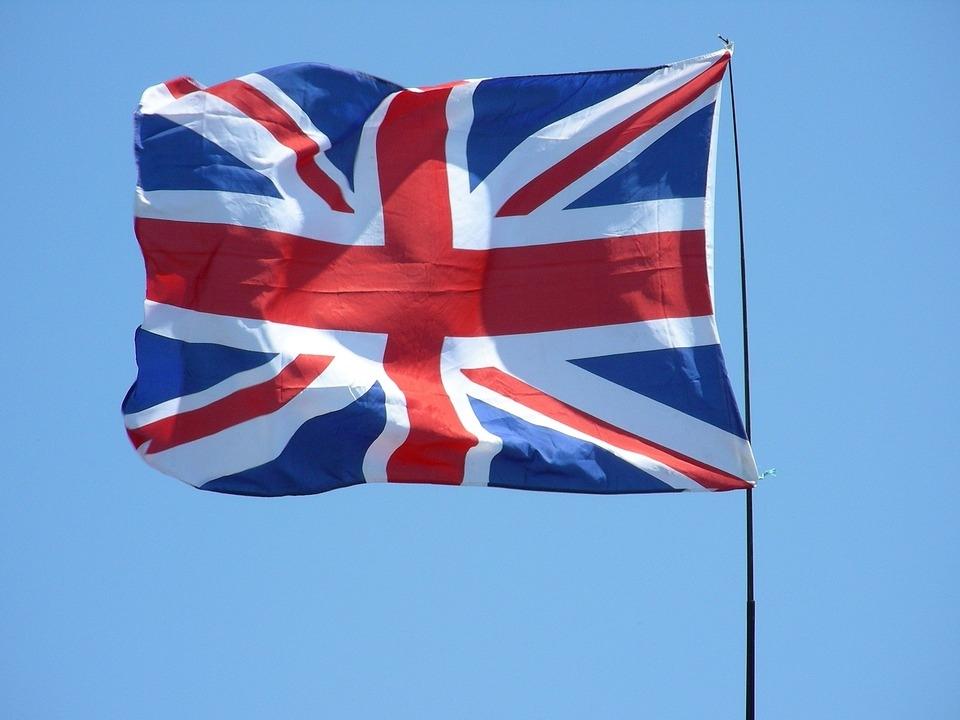BNY Mellon: UK Politics Update
BNY Mellon: UK Politics Update

By Simon Derrick, Chief Currency Strategist, BNY Mellon
- Seven MPs have resigned from the UK's Labour Party
- While a move towards a second referendum could prove GBP positive, it isn't clear that events yesterday will help the campaign for a "People's Vote"
- The formation of the SDP by former senior Labour figures back in 1981 did little to support GBP at the time
Yesterday morning has seen the resignation of seven MPs from the Labour Party. What (if anything) does it mean for GBP?
The resignations
- Seven MPs announced yesterday that they had resigned from the Labour party and will now sit in parliament as an independent group of MPs. The MPs are Chuka Umunna, Chris Leslie, Angela Smith, Mike Gapes, Luciana Berger, Ann Coffey and Gavin Shuker.
- Labour’s deputy leader,Tom Watson, has warned that more MPs will resign if the party does not change. There are reports that "several other MPs" are considering whether to follow suit.
- There have also been reports that a number of Conservative MPs are considering their futures including Sarah Wollaston, Anna Soubry and Heidi Allen. Another report said that a total of five “moderate” Conservative MPs (Foreign Office Minister Alan Duncan, health select committee Chairwoman Sarah Wollaston and backbench rebels Heidi Allen, Dominic Grieve and Nick Boles) are facing deselection at present.
Potential implications
- One of the reasons cited for the resignations (ahead of the announcement) was a refusal by Labour leader Jeremy Corbyn to get behind calls for another EU referendum. However, as was also noted, “it doesn't necessarily mean that the group will be able to sway much power.”
- Noted political commentator Robert Peston argued (before the announcement): “As and when Umunna and co formally leave Labour, the call for a referendum will be closely associated with those who have set themselves up as the enemies of Corbyn and his socialist project. So the referendum-sceptics around Corbyn will tell him that conceding a People’s Vote would be to capitulate to those who want to destroy him. So the big question for Umunna and the Labour refuseniks today is whether in leaving Labour because they want a referendum they are not in practice undermining the prospect of a referendum.”
GBP and a second referendum
- The failure of the Grieve amendment on January 29 (which would have provided a path to a vote on a second referendum) saw GBP come under pressure. This said, it’s arguable that part of the move lower was driven by a view that began to emerge around this point that the Cooper amendment would likely fail as well.
- The EURef2 Poll of Polls (based on the latest average of six polls) shows 54% in favour of remain and 46% supporting leave.
1981
- Parallels have been drawn with the formation of the Social Democratic Party in 1981.
- On January 25, 1981 four former Labour ministers (Shirley Williams, David Owen, Bill Rodgers and Roy Jenkins) announced that they were founding of a “council for social democracy”, which would “reverse Britain’s economic decline”, “eliminate poverty”, “create an open … more equal society”, and counter “the drift towards extremism in the Labour party”. Over the next few weeks, this council crystallised into a new political party, the Social Democratic Party. During 1981 and 1982, 28 Labour MPs joined them.
- By January 25, 1981 the GBP index was up 33% from its 1978 low. It would rally for exactly another four days. It would then trend lower for the next five years. The situation today is very different to that seen at the start of the 1980s so there is little reason to believe that events should play out the same way today. Nevertheless, it’s still interesting to note.
